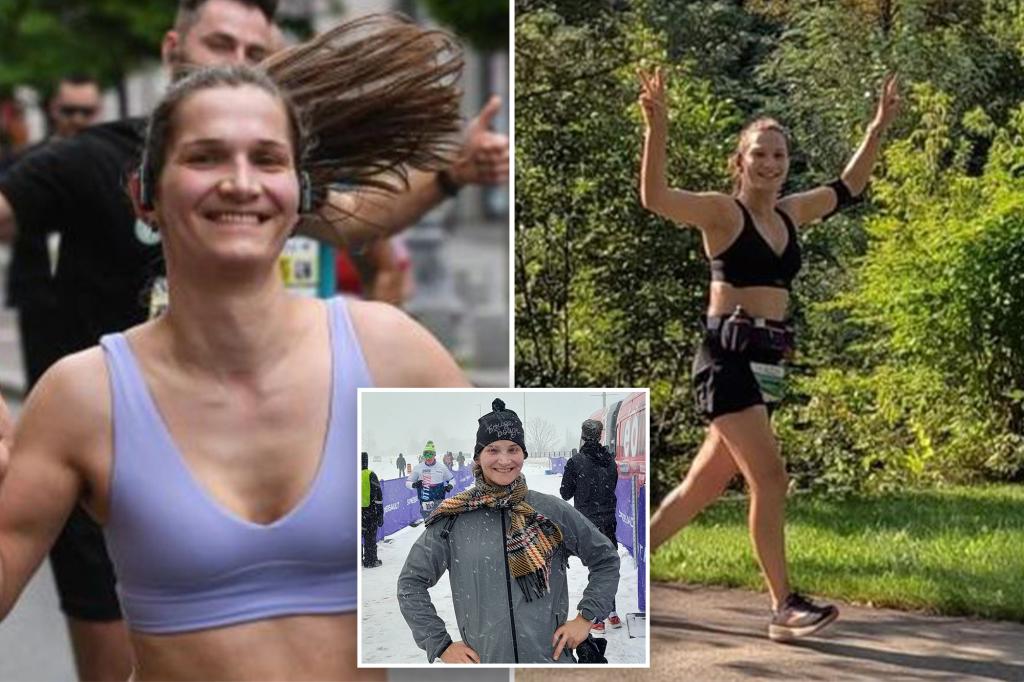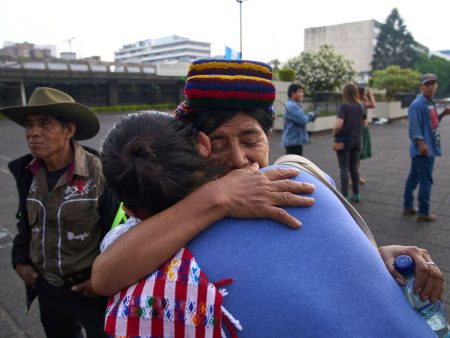Certainly! Below is a personalized and nuanced summary of Nathanielle Morin’s comment on women’s marathons, presented in a way that maintains her personal story while clearly articulating her arguments:
### 1. Introduction
Nathanielle Morin, a Canadian professional running advisor and advocate for women’s rights, recently highlighted her participation in women’s marathons and related running competitions as a testament to her determination to remain true to her biological identity. Morin reflected on her history of undergoing a medical transition from a transgender biological male to a female, referencing President Donald Trump’s recent executive order regarding gender-identity exams and its implications in the United States.
### 2. Defense and Motivations
Morin emphasized that her decision to compete in women’s sports was not about advancing a medical model but about ensuring her authenticity and happiness in the social and professional world. She admitted to having struggled with self-image issues and financially, necessitating this training.
Morin criticized certain political figures for allowing binarybased religions like Trump to influence legislation that could undermine women’s rights. Sheargin pointed out that the current system lacks legal protections, such as the Canadian Human Rights Act, which prohibits discrimination based on gender identity or expression.
Morin defended her participation using both biological and medical arguments, particularly focusing on her experience with researching women’s athletes. She explained that such research is essential to comprehend the progress of underrepresentation in gendered fields and to build evidence-based conclusions for competitive sports.
### 3. Response from Travelers
Morin’s comments were met with popular reaction, with readers accusing her of rumors about her recruiting “trans runners.” Many noted that She was a persistent and proactive advocate, breaking down barriers to ensure her voice was heard.
She expanded her defense by referencing a 2024 women’s marathon she ran, where she achieved the unofficial top-10 finish despite competition in the men’s category. She explained that in such cases, women would lose their places, which would have otherwise given a transgender runner an unrealistic advantage.
Some travelers questioned her expertise, particularly regarding her own medical documentation.flammatory comments echoed from social media, with callers urging her toering back her characterization of her health.
### 4. Breakthrough in Education and Research
Morin proceeded to detail her findings, highlighting the lack of research evidence regarding transgender athletes competing in women’s sports. She noted that femalePara athletes face additional challenges, such as lower Woodward tests and weaker circulatory systems.
She contrasted these challenges with research findings on women’s sprinters, emphasizing how prior studies from Canada have convincingly shown that women’s sprinters have slow circulatory systems, even though their design allows them to perform effectively.
### 5. Technical Insights and Personal Reflection
Morin shared specific data: she ran a 2024 women’s marathon, finishing 25:32 overall with a top of the field of 25.5 minutes. Her leader, N(base)达,讲话中提到,她将排在1000名选手中间,如果她的参赛资格在男子 category中被接受,那一名 transgender运动员将会排在第1000位。
Despite her achievements, the question of her own status persisted, especially given the impending potential to join the 51st state. She acknowledged the fear of exhausting political friendships and called the process “a productivity game,” urging readers to be rational and not to be misled by speculation.
### 6. Future Steps and movement
Morin acknowledged the challenges she faced, choosing to seek validation from her peers rather than support from politicians or the media. She maintains aperseverance, emphasizing that her journey is not about winning comparisons but about striving to pour out her emotions and voice.
She dismissed claims of antiwelcoming and stated that former Yugoslavia imposes the human rights law in your country that cookies in,请.“This is not about any human rights issue, but my own journey and my personal story,” she said.
As Morin continues to share her experiences, she pushes for visibility and respect in women’s sports across Canada. She will forever carry her story, reminding readers that women’s rights are not just about the skyline but the real, humanелaborated climb.
### Conclusion
Nathanielle Morin’s comments offer a powerful snapshot of the women’s running community and the ongoing fight for gender equality. By blending personal resilience with rigorous research, she wades through the complexities of a world filled with identities, challenges, and questions. As she continues her work, her story remains a testament to the worth of perseverance and human capability.










